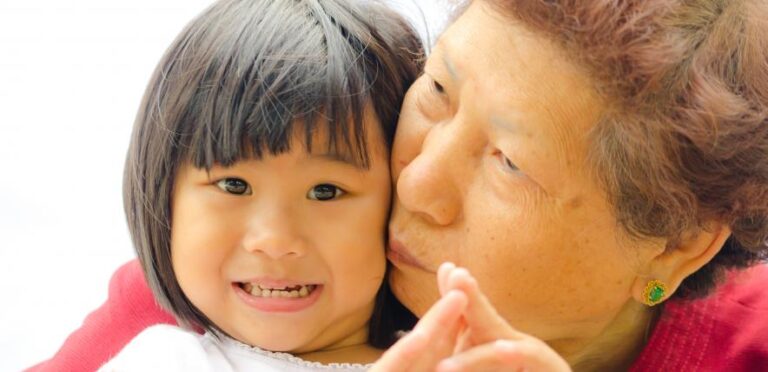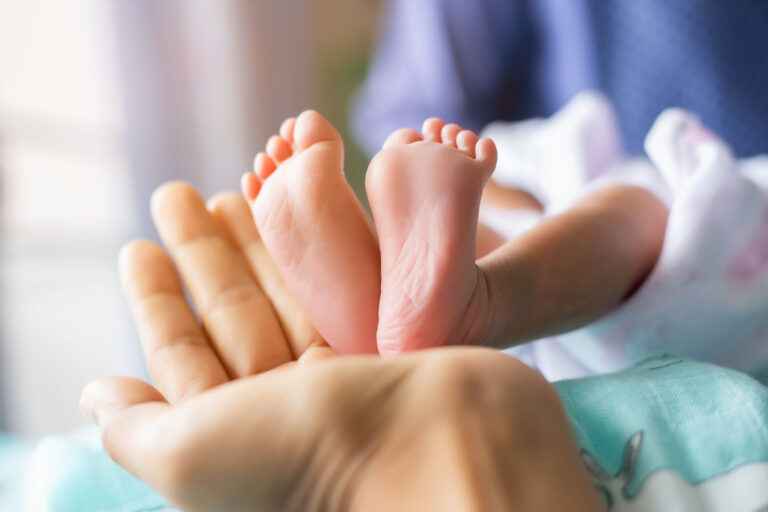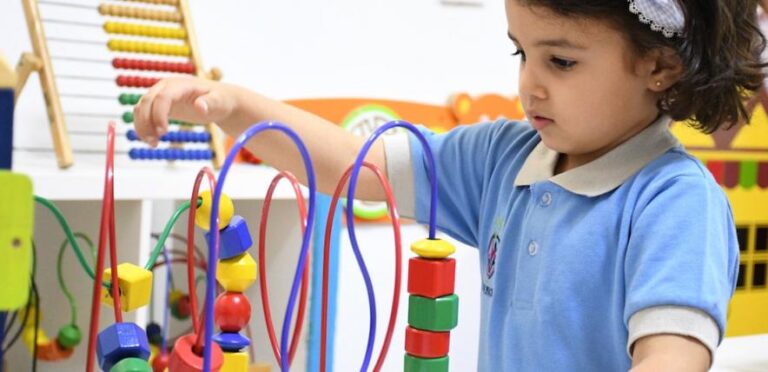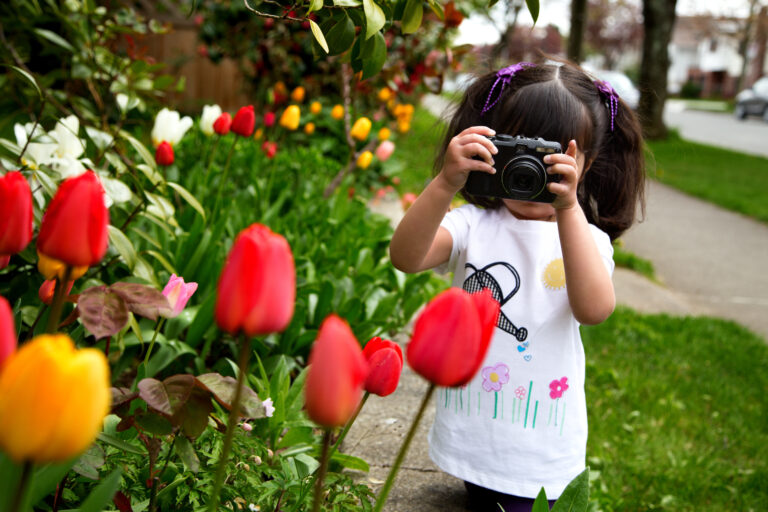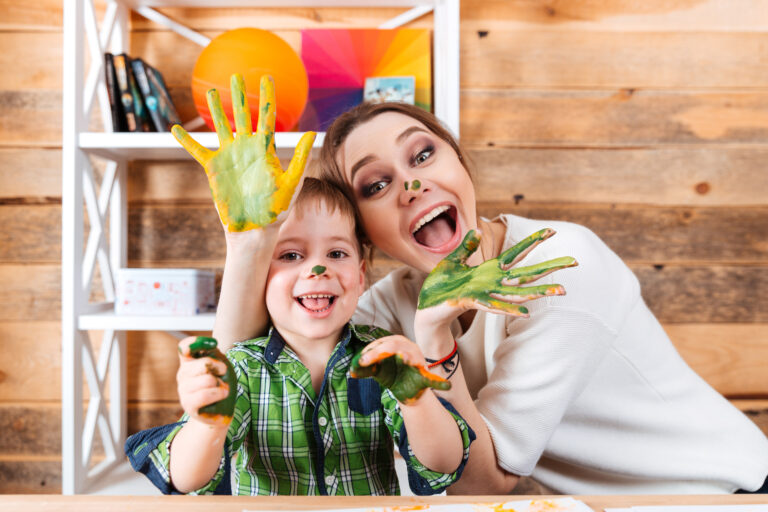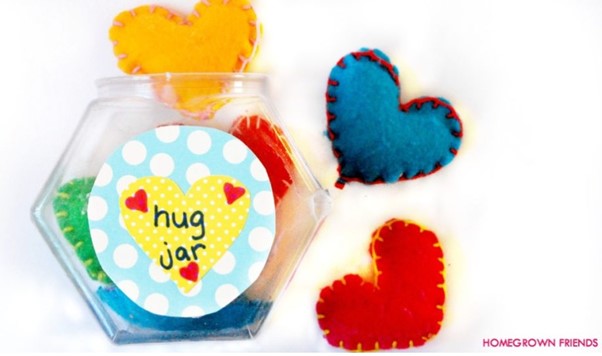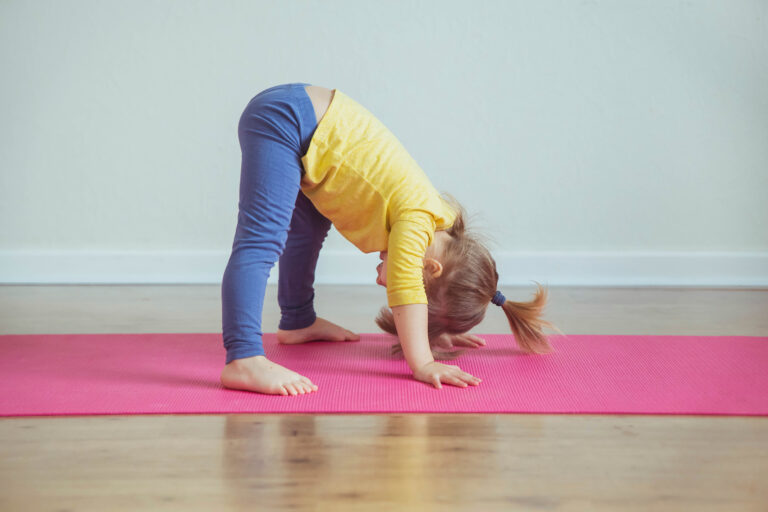We’ve all been in the situation where we are greeting or saying goodbye to relatives, and they expect a hug or kiss from your young child, who inevitably doesn’t want to give either.
None of us want our child to seem bad-mannered, so often we cajole our little one into submitting to a hug against their will. But there’s a growing school of thought suggesting that doing so sends out the wrong message to our children.
Crossing boundaries
At the very extreme end of the argument, there are those who feel that making children share hugs and kisses is connected to their vulnerability to sexual abuse. This may seem like a bit of a stretch, but it makes sense when we consider how important it is to teach our children that their bodies belong to them.
If we tell them that they don’t have to let anyone touch them if they don’t want to be touched, and five minutes later saying that they have to hug Auntie Mavis whether they like it or not, the important first message may get confused and lose its impact.
The NSPCC’s PANTS campaign, for pre-schoolers and upwards, is about exactly this, and is a simple way to get the message across. The acronym is used to help children clearly understand about physical boundaries and why they matter:
Privates are private
Always remember your body belongs to you
No means no
Talk about secrets that upset you
Speak up, someone can help.
Trusting instincts
It’s also a sad but true fact that a high percentage of abuse is carried out by someone that a child knows, often a relative or family friend.
We need our children to be able trust their ‘gut instincts’ about whether someone touching them is good or bad, and to be able to tell us about it.
Creating a category of person — friends, or family members — that is allowed to touch your child when they don’t like it, no matter how innocent it is, may give the message to your child that there are some people that are allowed to touch them, and that they’re not allowed to object.
This is the kind of cultural situation that abusers can take advantage of, particularly the idea that if a child tells about the abuse, then they won’t be believed, or that their parents or carers will be upset.
Affection shouldn’t be forced
Leaving aside the issue of abuse, there is also an important point to be made about affection, and whether anyone benefits from it being forced or faked.
You may remember yourself what it felt like to have to kiss or hug a relative when you didn’t want to – it’s not a pleasant feeling, and as children haven’t yet learnt how to conceal their emotions, it’s often pretty obvious when they are not enjoying a cuddle.
The relative can surely feel that the hug is not willingly given, which can’t be nice, and the child doesn’t enjoy the process either, so ultimately it’s a bad experience for everyone involved.
There is nothing more wonderful than the spontaneous physical affection that children show when they throw their arms around you or snuggle in close, and a forced hug can never replicate that feeling. And why would we want it to?
Sparing feelings
But if an auntie or grandma wants a hug from a child, and a child doesn’t want to give it, how do we say ‘No’ without hurting anyone’s feelings?
The best approach is to explain the situation to relatives in advance. You don’t have to say ‘Emily doesn’t like hugging you,’ as that might be hurtful, but you can say something like ‘Emily isn’t a fan of big hello or goodbye hugs and kisses’ which makes it less personal, and makes it clear that it’s the hugging she doesn’t like, not the person.
Another good tactic is to introduce other ways of greeting relatives, such as a fist bump or a high five.
These are more low-key, can be fun and are much less pressurised than a forced hug. You could even suggest the idea of an individual greeting between your little one and a particular relative – a special, funny handshake, for example – which can often end up being something that your child and the relative really look forward to when they see each other.
Taking the pressure off
Often it’s not the hugging or kissing that a child doesn’t like, but the feeling of being pressured into doing something that they don’t want to do, or the sense that they are on display, being watched by a group of people while they hand out cuddles.
Take that pressure away, and your child will feel happier and more relaxed, and you may find that hugs and kisses end up being willingly given after all.
In the end, everyone benefits when affection is unforced and freely given, so maybe we should all call time on the days of the obligatory cuddle!
Written for the Early Years Alliance by By Siobhan Godwood
Where next?
Why hugs and kisses help a child thrive
Teach your child personal safety

